Main benefits:
- Seals in freshness
- Prevent costly leaks
- Reduce the risk of tampering, pilferage, and contamination
- Extend shelf life
- Create hermetic seals
- Environment friendly
4. They can be used for sealing & packing in the different industries, including:
- Motor, Engine, and Lubricant Oil products
- Edible Oil products
- Medicine products (Pharmaceutical factories for Tablet, Gel, Cream, Powders, Liquids, etc)
- Food Products
- Beverages, Fruit Juice, Butter, Honey, Mineral Water
- Pesticides, Fertilizers, and Chemicals
- Cosmetics
6. Why Choose Induction Sealing?
When properly applied, induction lined caps provide a hermetic, leak proof, and tamper evident seal. Using an induction sealing system is ideal for extending product shelf life, preserving freshness, preventing costly leaks and enhancing your product's value.
7. In order to quote you an accurate price, please kindly inform us the following information:
1) The diameter?
2) The thickness?
3) Whether printing? How many colors to be printed?
4) The material of the bottle, PE/PP/PVC/PS/GLASS or others?
5) The quantity you need?
LET'S WIN-WIN!
8. Some product pictures for your reference only:
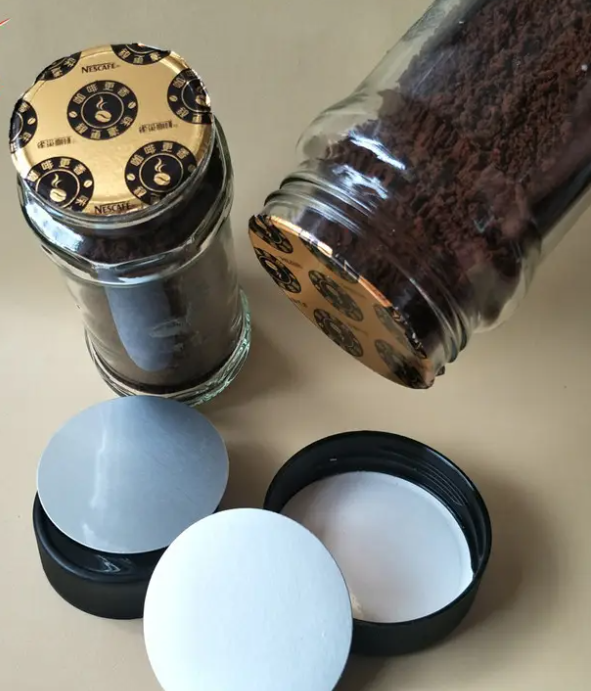
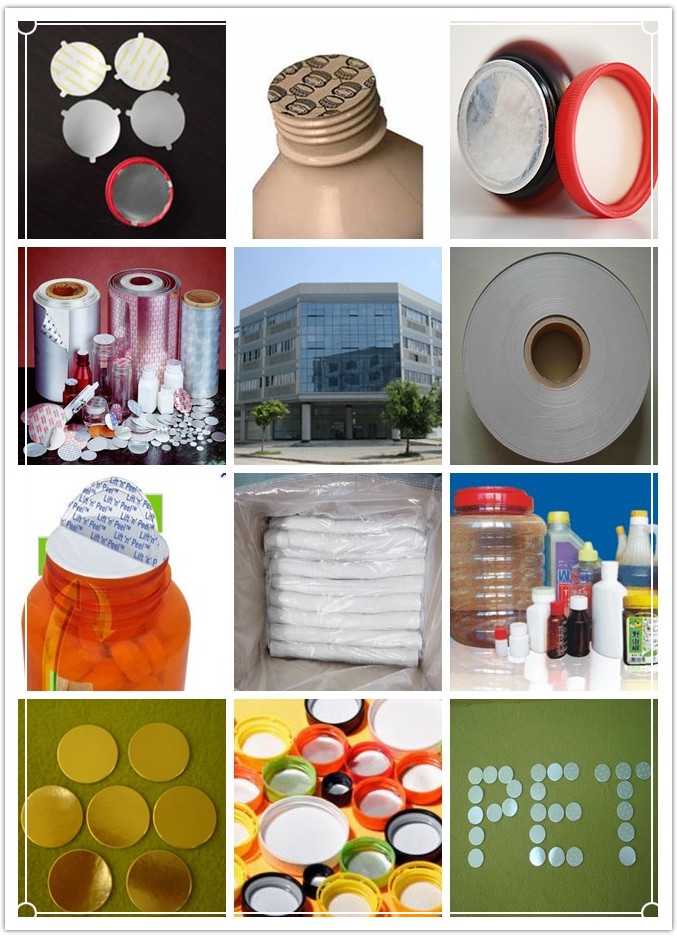
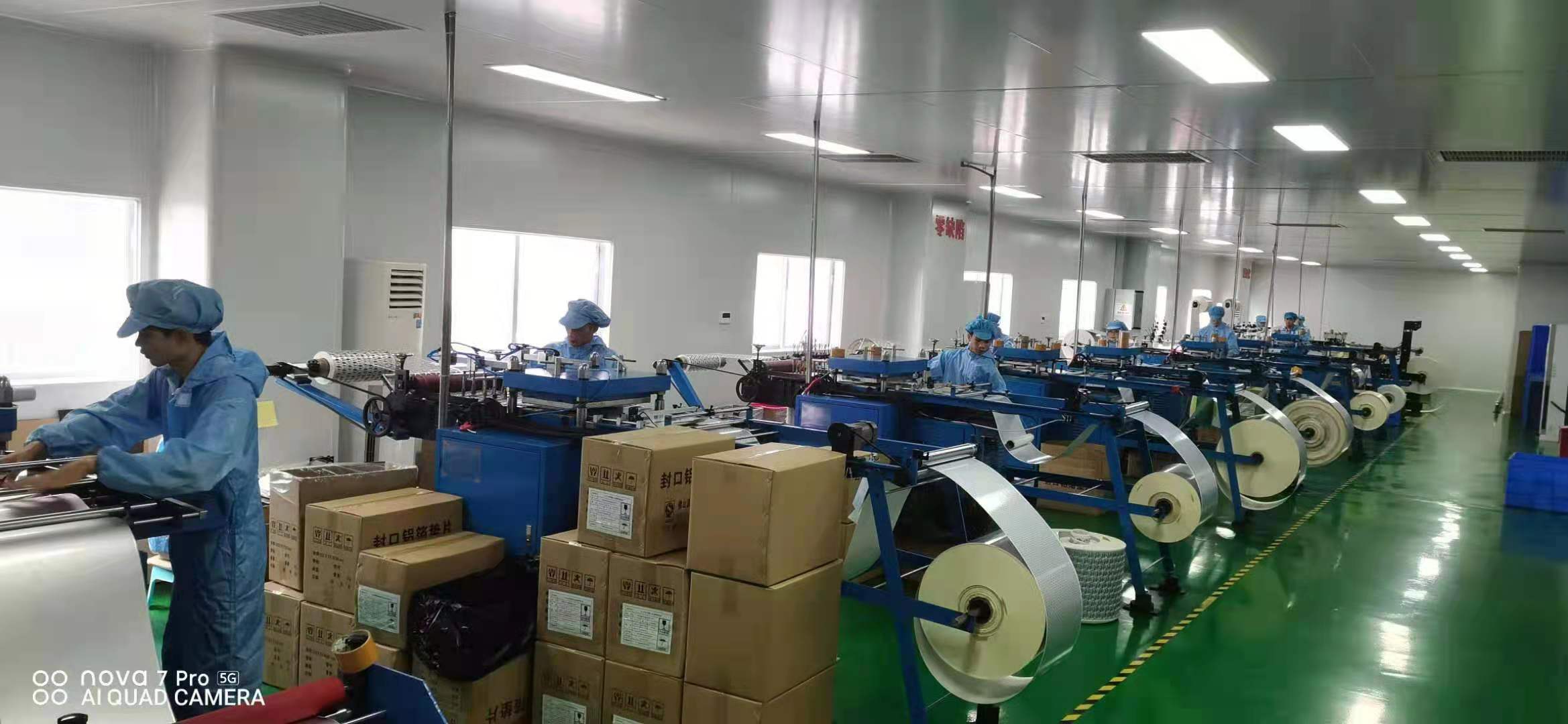
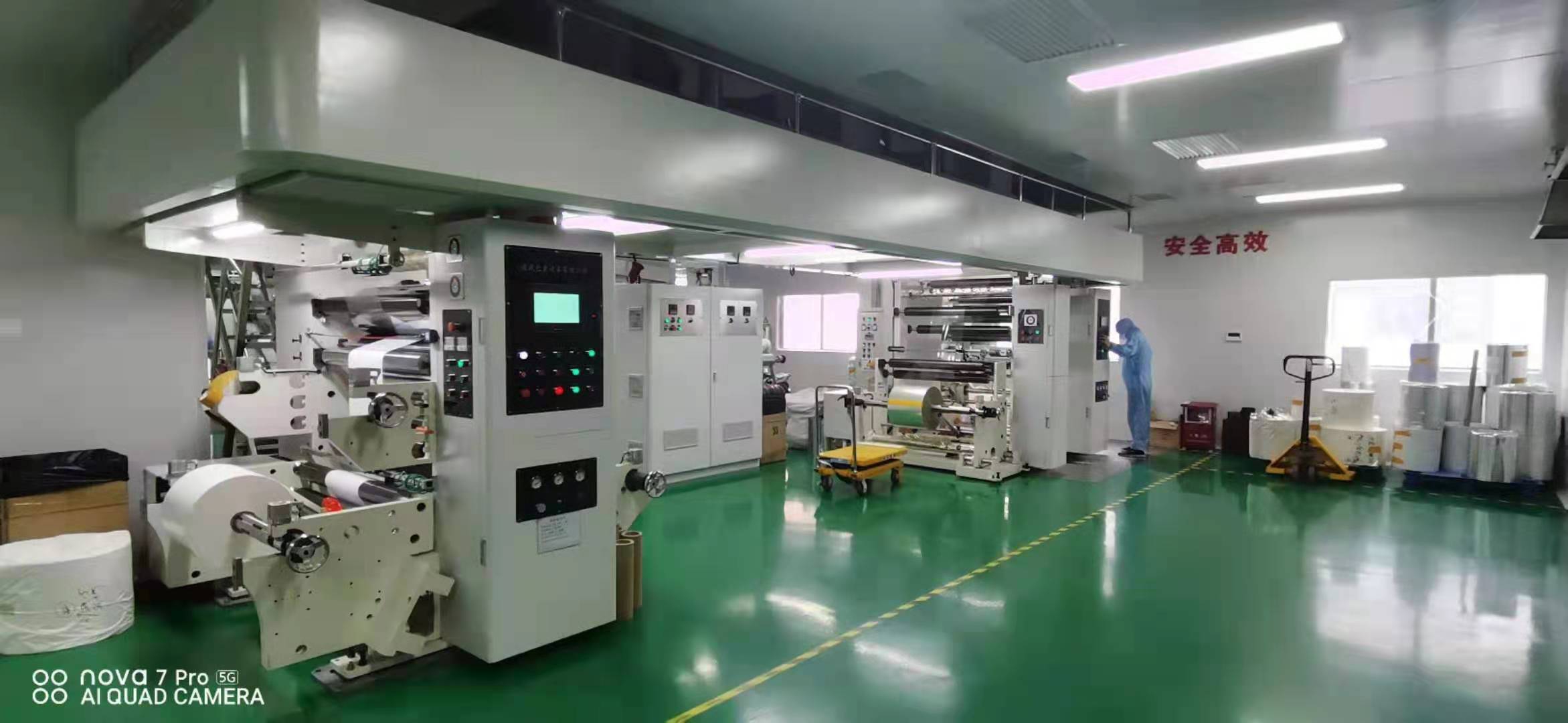
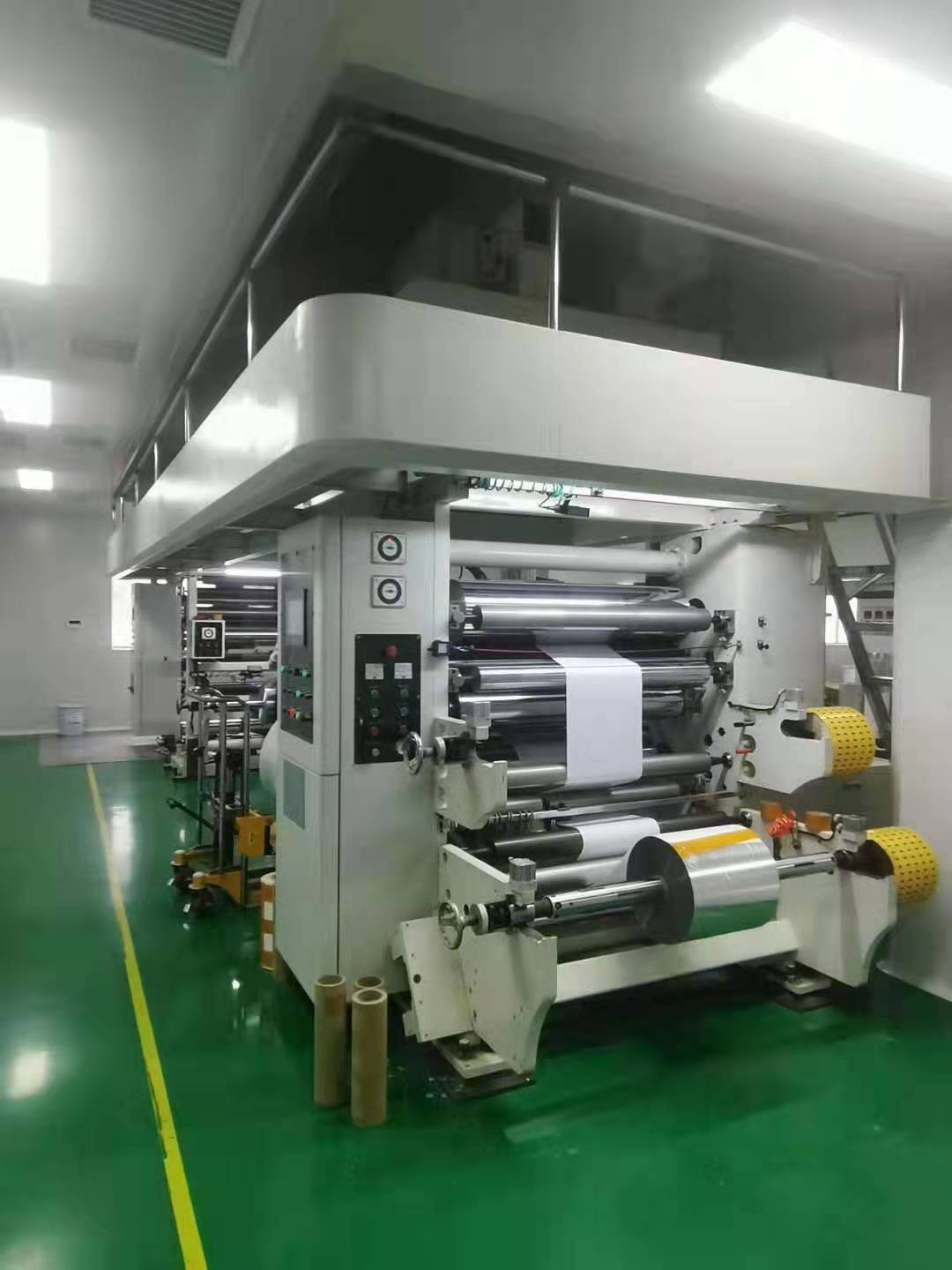
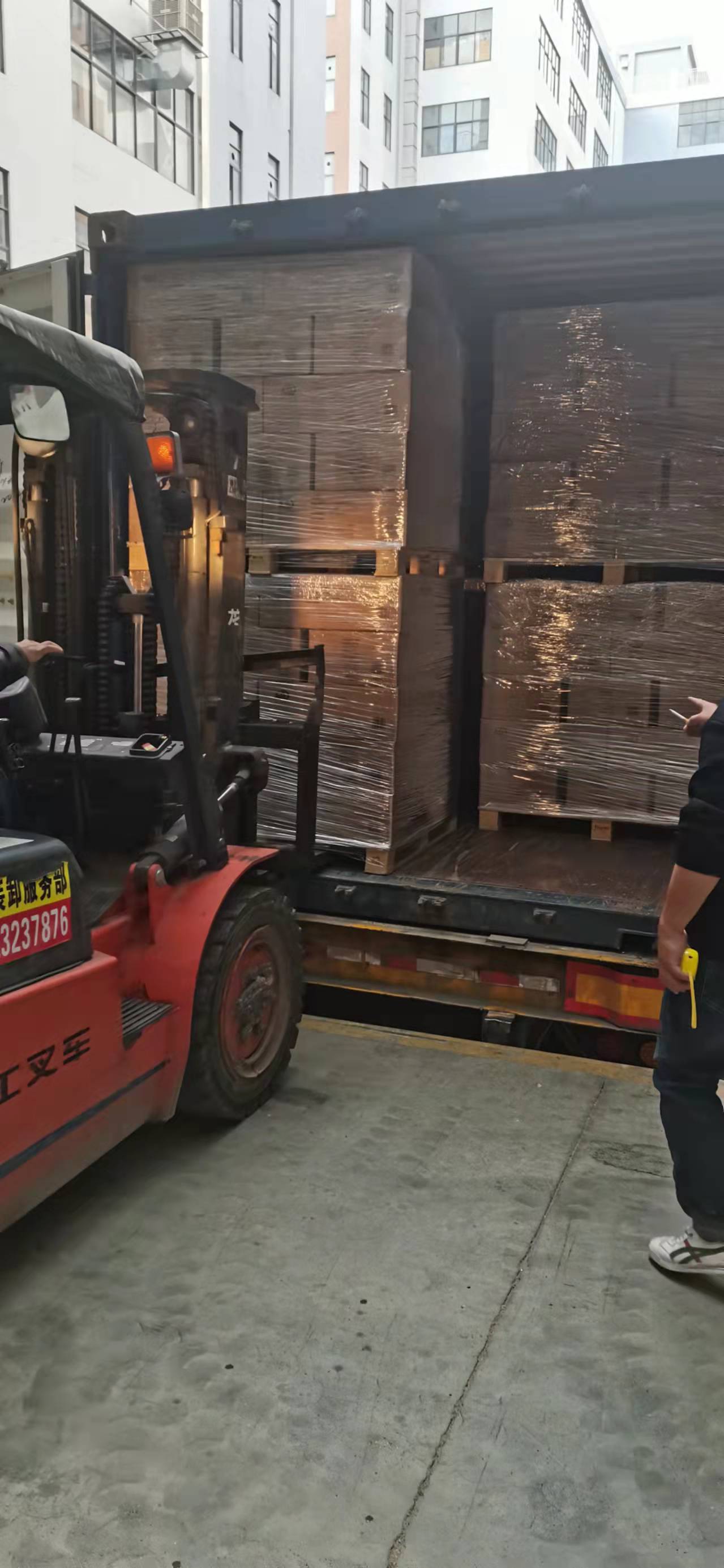
- Aluminum foil = 20-40 microns (0.02 - 0.03 mm)
- PE/PET/PP layer = 40-50 microns (0.04 - 0.05 mm)
- Seal backing material: pulp, foam, cardboard;
- Easy peel and non-easy peel seal available;
- Seal diameters are available from 10 mmto 180 mm;
- With different composition, liner thickness is various from 0.2mm to 1.2mm;
- It can be printed with custom logo, or embossed with any desired design
Introduction:
Induction lining materials are one of the most important parts in packing industry for sealing the bottles and containers of the products for many reasons. And induction sealing is a simple and reliable method of bottle sealing. It welds an aluminum foil seal across the bottle neck.
How to use:
Induction lining materials are constructed from aluminum foil membranes, coated with polymer and attached to a backing material by means of wax or polymer bond. This foil laminate is then placed inside a cap or closure, and the closure applied to the container, bringing the foil laminate into contact with mouth of the container.
The container then passes underneath the induction sealing head, where an electromagnetic field creates a low level of localized heat on the foil membrane, which is sufficient to melt both wax bond and polymer coating.
Soon after the container leaves area of the electromagnetic field, the polymer hardens, forming a flexible, yet hermetic seal between foil and neck of the container, while the backing material goes inside the cap as interior liner for more protection
Online feedback
Feedback to us, we will contact you shortly. (The following * are mandatory)
- PREValuminum foil seal liner
- NEXTNo record







